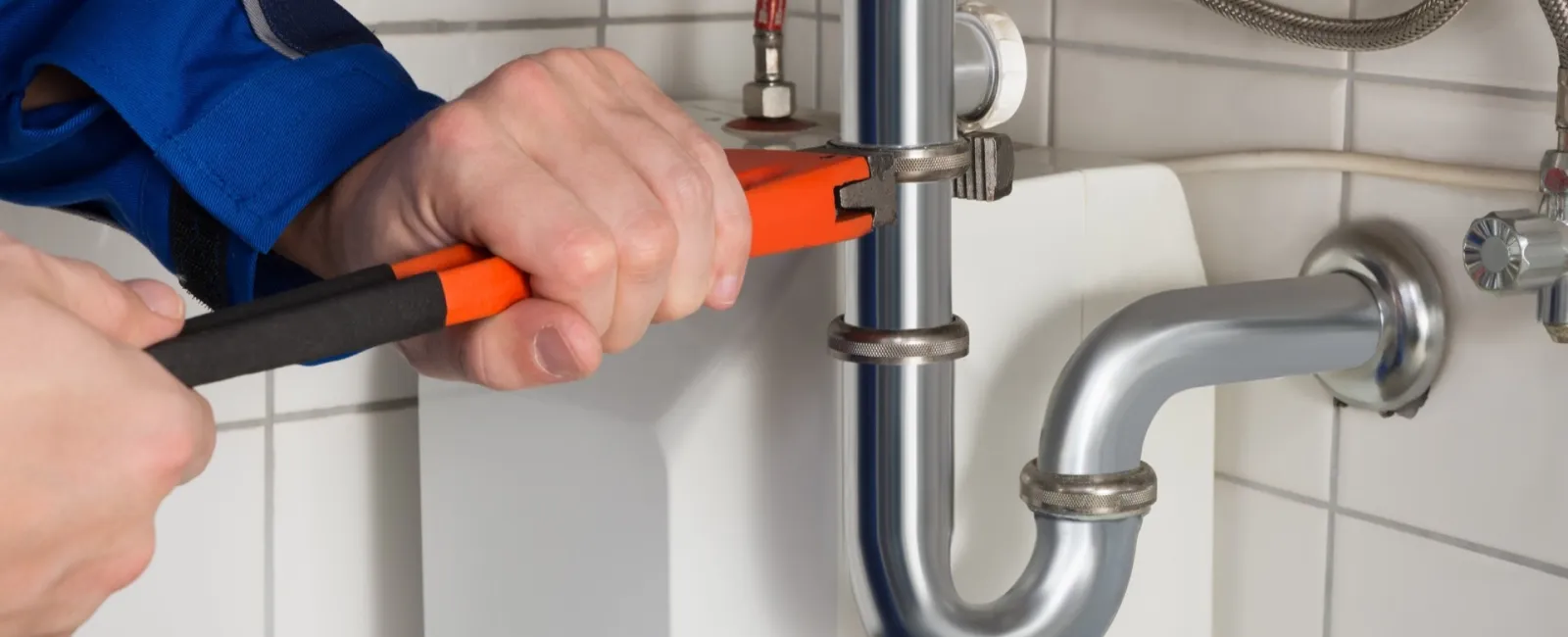Imagine returning home from vacation to find water in your basement, then learning that the problem could have been prevented in the first place with routine plumbing maintenance. Instead of unpacking, you're cleaning up water, perhaps replacing your water heater, and dealing with water damage and the potential for mold in your home.
Neglecting to maintain your water heater can lead to other problems, as well. Without proper maintenance, the water heater won't perform as efficiently as it should, which can run up your energy bills and put the appliance's components under extreme pressure to heat and deliver water through the home.
Plumbing maintenance service includes the critical task of cleaning the water heater and ensuring it operates safely, along with other essential steps, such as checking the home's plumbing pipes for leaks. Here are some of the tasks your plumbing expert will perform when checking the water heater:
- Drain the water heater. Over time, sediment builds up inside the tank and can eventually act as an insulator, preventing proper heat transfer through the heating element. It can also rust out the bottom of the tank. Annual removal of sediment keeps the system in good condition.
- Clean the tank. Once the tank is drained, the plumber will clean the bottom of the tank as well as the heating element, ensuring thorough removal of sediment and debris.
- Assess the system's safety. This task combines a check of the gas or electrical connections and the pressure-relief valve, a safety feature that's designed to take over if the pressure — or temperature — inside the system rises to dangerous levels.
- Check for leaks. You may not yet see water around the floor of the tank, but your plumber can identify areas that are weak, damaged or compromised. These are the areas that will eventually spring a leak.
- Inspect the anode rod. This component acts like the "sacrificial lamb" inside the tank, drawing sediment and debris toward it and away from other components inside the tank. The rod should be replaced when it's saturated with buildup. Otherwise, sedimentary buildup may cause the bottom of the tank to rust and fail, and water will quickly fill your basement.
Avoid what is an entirely avoidable experience. Give your water heater — and your entire plumbing system — the care it needs.
